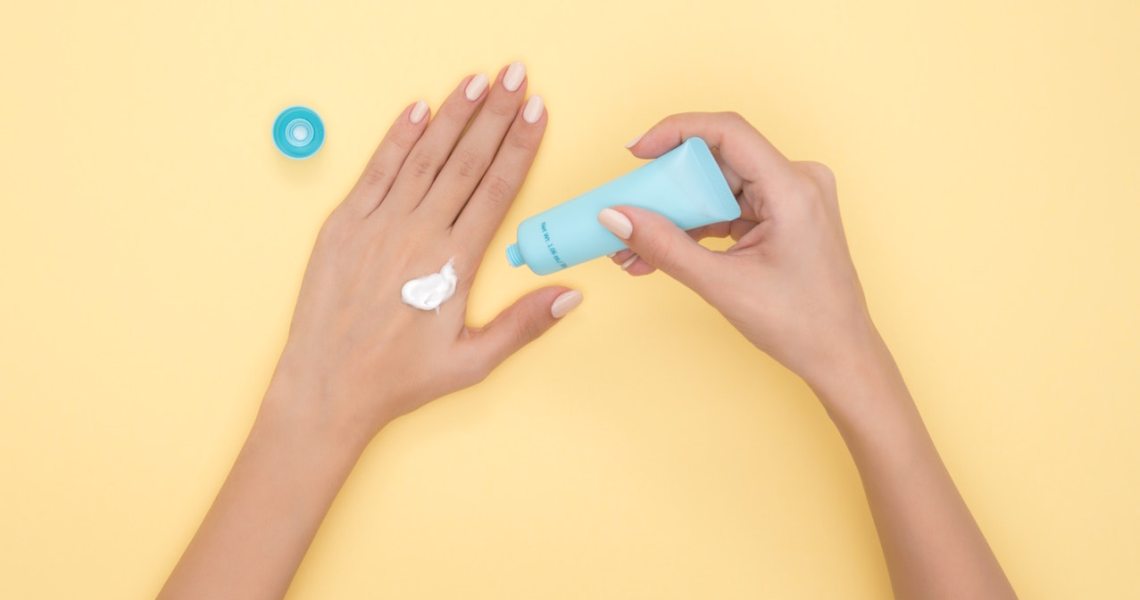Even though the beauty category has historically been considered a recession-proof segment, investors and brands are not immune to the global coronavirus pandemic and its economic ramifications.
Supply chains, retail, e-commerce and consumer demand have been, and will continue to be, tested. Although the Federal Reserve has made aggressive moves to ensure liquidity, such as lowering interest rates to both households and businesses and lifting bank reserve requirements, consumer anxiety is still high. Investors are now trying to safeguard their portfolios by advising brands to cut back on unnecessary marketing and capital expenditures, access lines of credit to add cash to their balance sheets, and layoff staff or cut salaries.
Operations and products
For beauty brands, separating supply chain issues from consumer demand is next to impossible. Private equity firm San Francisco Equity Partners has acted as a liaison for portfolio brands like Yes To and Jane Iredale, according to Scott Potter, SFEP managing partner. For example, Yes To has significant relationships with wholesale partners like Target and Amazon, and SFEP can impart what that brand is learning from those companies to the other portfolio brands amid coronavirus, he said.
Potter said Yes To has seen a decline in sales on face mask products and exfoliators but has seen an increase of up to 100% in the wipes category as consumers stockpile them. Therefore, the brand has had to reconfigure its supply chain to accommodate the demand in wipes. At the same time, its manufacturing partners work with global CPG companies experiencing similar demands, putting bottleneck constraints on the whole process for all companies. Potter said, as a result, he expects to see a resurgence in brands reallocating manufacturing and supply chain logistics to the U.S. when the public health crisis is resolved, as companies will be looking to safeguard against future force majeure.
Meanwhile, CircleUp Growth Partners, which has a $125 million investment fund dedicated to consumer brands including Heyday, Function of Beauty and Winky Lux, is working with brands to find creative go-to-market strategies, according to Carolyn Simmons, CircleUp partner. For example, CircleUp is advising brands to rethink customer trial and acquisition strategies, such as single-use, tester products and attractive packaging, which have helped brands reach customers in a digital environment.
“Coronavirus is forcing consumer startups to rethink how they communicate to drive demand and produce goods,” said Simmons.
Cash flow
Typically, lines of credit are backed by inventory and by accounts receivable. And under normal circumstances, a company would not borrow money if it did not need to. But now, that point of view has changed, as every brand is at risk.
Ad position: web_incontent_pos1
“You can make a blanket statement that all private equity-owned companies that have lines of credit available to them are advised to draw down on them, and our portfolio companies are no different,” said Potter.
For venture capitalists, the sentiment is similar. Anu Duggal, Female Founders Fund founding partner, said the most significant piece of advice the company is giving its portfolio brands is to extend their cash runway. This is based on current concerns around brands’ ability to raise financing over the short term, and potentially even the long term. Female Founders Fund has previously invested in Winky Lux and Billie, which was acquired by P&G in January. Slowing down the burn rate could include seeking a bridge fundraising round from existing investors, having senior-level management take up to a 25% salary cut and conducting layoffs.
“We started by sending an email with general high-level advice about working from home and setting up the right technology tools to enable that,” she said. “Now the communication is around reserving cash runway, and checking in with our portfolio CEOs through text and calls to see how they’re doing.”
Simmons declined to speak specifically about any of CircleUp’s portfolio brands but said that the fund has also been advising each of the brands on improving cost structure, raising or lowering the retail price of products, and creating promotion strategies. Ultimately, cash is king, she said, so being disciplined in capital and marketing expenditures will be the most important thing for brands to consider.
Most brands will cut top-of-funnel marketing, especially as consumers are not in a position to discover new brands, according to Potter. Instead, brand awareness budgets will be reallocated to bottom-funnel conversion tactics on platforms like Amazon, he said.
Ad position: web_incontent_pos2
“We’ve already seen channel shift [toward e-commerce] happening pre-coronavirus, so does coronavirus accelerate that permanently?” he asked.
What the investment market looks like now
There are currently two central uncertainties right now in the investment community: the appetite for conducting deals and the ability to close deals. The desire to do deals still appears healthy, as firms and funds like SFEP and CircleUp still have money in their funds that they’re expected to invest. Potter said that SFEP looks at over 100 companies per year, and closely monitors between 20 and 30. That appetite has not changed. But its ability to get deals done has become more difficult, as practical realities, such as bank loans and on-site and in-office visitations have been thrown for a loop.
In particular, cosmetics brands are vulnerable, as the category was experiencing a decline in sales that may be accelerated when everyone is self-quarantining. A “significant” portion of Jane Iredale sales are in the professional channel, made by aestheticians and day spas, which have mostly closed their doors. Now the brand is shifting attention to Amazon luxury beauty and its e-commerce website.
“Compared to staples like foundation and skin care, trend-based color is under more pressure,” he said.
Duggal said she expects fundraising to become more difficult for brands, but also added that the Female Founders Fund signed a term sheet last week.
“It’s going to become a question of people waiting for things to normalize and for [the outbreak] to hit the peak,” she said. “I don’t know what that’s going look like, but I do think that’s what we’re waiting for.”




